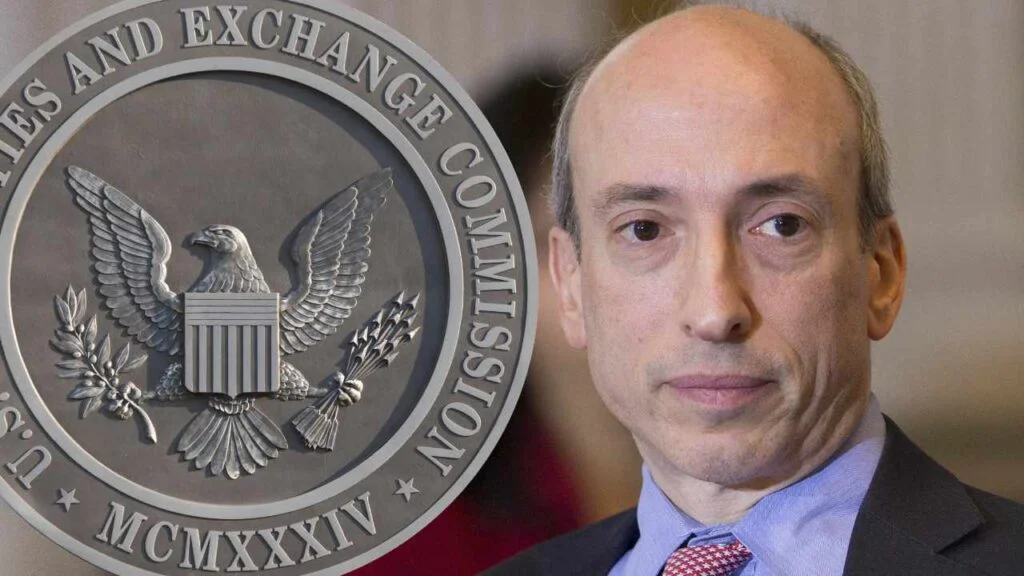The SEC is targeting broker-dealers and private funds for greater supervision and transparency in the ever-changing securities landscape.

Adopting rule amendments aimed at broker-dealers, the Securities and Exchange Commission (SEC) takes a bold step forward. Gary Gensler, chair of the SEC, stated,
Some broker-dealers rely on outdated exemptions, creating a regulatory gap.”
As a result, the number of firms with monthly trading volumes in the hundreds of billions exempt from proper supervision has increased dramatically. However, this will be altered by the new amendments.
Under the previous Rule 15b9-1 of the Exchange Act, specific dealers could engage in unlimited proprietary trading without joining a national securities association.
With the new modifications, exemptions have become more stringent. Therefore, unless they are members of a securities exchange and do not maintain customer accounts, brokers and dealers must join associations similar to FINRA.
In addition, they are only permitted to circumvent this rule if they comply with order protection regulatory requirements and execute stock legs of stock-option orders. The rule is implemented sixty days after publication, with a one-year compliance deadline.
SEC’s Greater Private Fund Sector Transparency
In addition to the broker-dealer amendments, the SEC’s concentration on the private investment fund industry is notable. Wednesday, the primary Wall Street regulatory body unveiled a set of transparency regulations for the $20 trillion industry. Predictably, this development has elicited various responses, including objections from industry professionals.
However, the SEC’s concern is understandable, given that the private asset management industry has more than doubled over the past decade. Moreover, heightened oversight seems imperative, with millions of retirement savers’ funds at risk and retail investors gravitating to private credit funds.
In 2022, the SEC proposed requiring private fund advisers to submit quarterly performance and fee statements and to endure annual audits. In addition, charging fees for services not rendered would be prohibited.
The final proposal, which has yet to be made public, underwent extensive review. With a Democratic majority in the commission, it seems likely that the proposal will succeed.
Divergent Opinions And Ongoing Discussions
Reform advocates and Democratic legislators support these changes. They believe that these reforms will improve investor protection. However, industry groups assert that the SEC is exceeding its legal authority.
They contest SEC authority by invoking a 2022 Supreme Court decision on climate regulations. According to the Securities Industry and Financial Markets Association, Congress did not intend to grant the Commission absolute authority over private fund advisers.
Another proposal from 2015 reappears, which could result in the registration of scores more broker-dealers with FINRA. SEC officials believe that the exemption enjoyed by these dealers has become obsolete.
Given the expansion of the securities market, these exemptions now appear to be protective shields, allowing certain investment firms to evade regulatory oversight.
As the SEC tightens its grip, broker-dealers and private fund advisers should brace for change. The drive for transparency and tighter regulations signifies a turning point in the securities market’s oversight.

